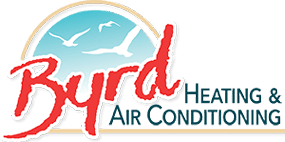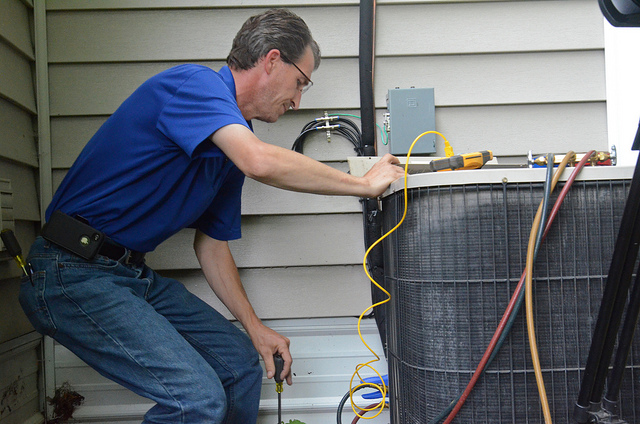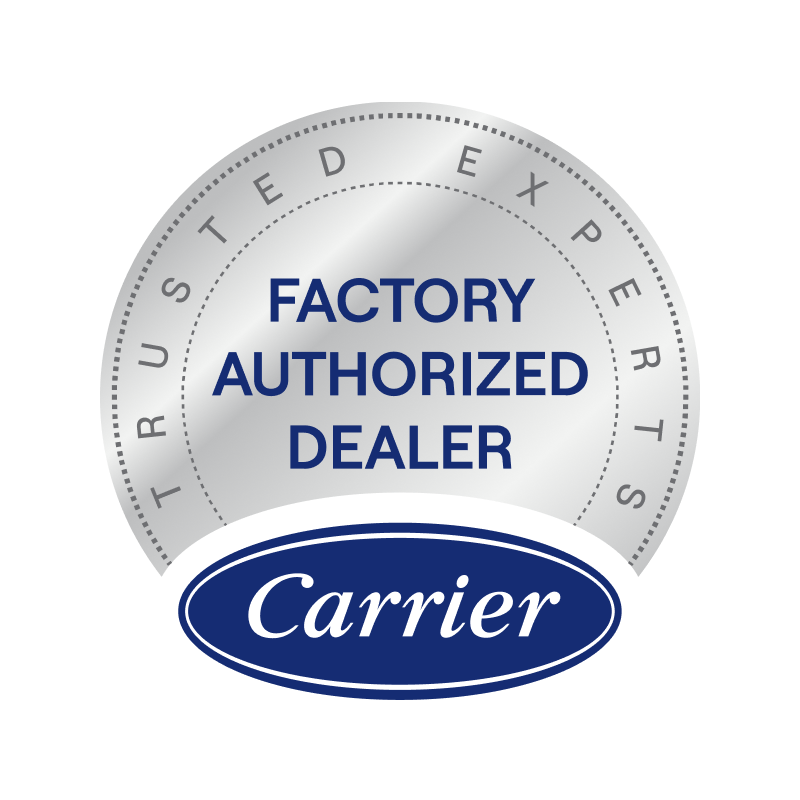Because climate control has a major effect on your quality of life, choosing a new HVAC system requires careful planning. This is especially true in the hot, humid climate of the Savannah and Tremont Park area. Here efficient cooling and good airflow are paramount.
Finding a Furnace
Your first step in choosing a new HVAC system is finding the right heating equipment. Gas and other fuel-burning furnaces are among the most common heating equipment. A new furnace is worth considering whether you currently have a fuel-burning furnace or you use electric resistance heating, such as baseboard heaters.
A furnace works by burning natural gas, propane or another fuel in the indoor unit’s combustion chamber to create heat. The fan in the indoor air handler draws air over the heat exchanger. This transfers heat from the flame to the air. The heated air is then blown into the ducts and out to your rooms. A flue pipe exhausts combustion fumes from the burned fuel outdoors.
The efficiency of fuel-burning furnaces is rated by the annual fuel utilization efficiency (AFUE). It indicates how much of the fuel burned goes toward providing heat compared to how much is lost in the exhaust fumes. The higher the AFUE, the more efficient the furnace.
Some older furnaces still in use have AFUEs as low as 56 percent. Today’s most efficient models reach efficiencies as high as 98.5 percent. Much of this change is due to improvements in air handler efficiencies.
There are three basic types of air handlers to consider when choosing a new HVAC system.
- Single-stage – Older furnaces often have motors with only one speed setting — high. These motors run at maximum capacity no matter how much or little heating you need. Because maintaining a stable indoor temperature rarely requires the furnace to work at full blast, a lot of energy goes to waste.
- Two-stage – A two-stage motor can run on a high and a low speed setting. Because the low setting is usually enough to keep your temperature stable, this motor can save you energy by most often running at a slower speed. It kicks into high only when your heating demand is great enough to require a large amount of warm air quickly.
- Modulating or variable-speed – A variable-speed motor isn’t restricted to specific settings. It can run at any speed within a set range. This allows it to choose the precise speed that’s most efficient for the given heating demand. You’ll enjoy optimal energy efficiency along with a more stable and even temperature.
No matter what type of furnace you choose, it’s efficiency depends on correct sizing. Before installing your new furnace, your technician should follow the Air Conditioning Contractors of America’s Manual J to determine your home’s heating and cooling load in order to accurately size your systems.
Keeping Cool With the Right Air Conditioner
Finding an efficient, high-performance cooling system is a critical part of choosing a new HVAC system in our area. To find an air conditioner like this, it helps to know the basics of how this equipment works. Air conditioners cool using a fluid called refrigerant. It circulates through the system. As the refrigerant passes through the indoor evaporator coil, it absorbs heat from the air and also removes moisture. The cool, dehumidified air is blown into the ducts. The hot refrigerant moves to the outdoor condenser coil to get rid of the heat it picked up.
Air conditioner efficiency is indicated by the seasonal energy efficiency ratio (SEER). This number tells you how much energy the system uses relative to the amount of heat it can remove. A higher SEER means greater energy efficiency. Even if your air conditioner is only 10 years old, upgrading to a recently manufactured model with a higher SEER could reduce your cooling bills by 20 to 40 percent.
SEER 14 is the lowest legally allowed in the South. 14.5 SEER is required to meet Energy Star standards. SEERs above 20 aren’t uncommon. In our climate, a system with a SEER above 16 is preferable.
Looking for certain features will help you find an efficient, reliable A/C system. Higher efficiency systems typically contain a variable-speed scroll compressor. These are more energy efficient, last longer and are quieter than older reciprocating compressors. An all-aluminum evaporator coil is less prone to corrosion and leaks than a copper-and-steel evaporator coil, and therefore often a better choice for reliability.
The Heat Pump: A Convenient, Efficient Alternative
When choosing a new HVAC system, you’re not limited to a separate furnace and air conditioner. The mild winters of the Savannah area make our region ideally suited to heating and cooling with a heat pump. In cooling mode, a heat pump works just like an air conditioner, using refrigerant to remove heat from your home. Unlike an air conditioner, it contains a reversing valve that can change the direction the refrigerant flows. This allows the heat pump to heat your home by picking up warmth from the outdoors and carrying it into your home.
Heat pumps are the most efficient of all electric heating systems. If you currently use electric resistance heating, switching to a heat pump could knock 30 to 40 percent off heating bills. Heat pumps are also safer than electric heating methods that involve hot surfaces.
If your air conditioner is more than 10 years old, it’s due for replacement anyway, so now’s a good time to consider replacing it with a heat pump. You’ll have the opportunity to choose a high efficiency model that can dehumidify even better than an average air conditioner.
For older homes without central air conditioning or ductwork, a ductless heat pump provides a convenient cooling option. These systems include an outdoor unit and one or more indoor air handlers that supply warm and cool air directly to the room without the need for ducts.
The cooling efficiency of a heat pump is rated with the same SEER as used for air conditioners. A heat pump’s heating efficiency is rated with the heating seasonal performance factor (HSPF). A split-system heat pump must have an HSPF of at least 8.2 to meet Energy Star standards.
Don’t Forget the Ductwork
Choosing a new HVAC system isn’t all about the heating and cooling equipment itself. A forced-air system relies on optimally designed and well-maintained ducts to reach top efficiency. Duct efficiency also affects the size of heating and cooling system you’ll need. More efficient ductwork lets you install a smaller and therefore less expensive system.
There are a number of problems that can impair a duct system’s efficiency, so it’s well worth making sure yours is in top condition before you start looking around for a new furnace, A/C or heat pump.
Start by inspecting your ductwork and checking that points where two pieces of duct meet, where the ducts join the air handler, and where the ducts join the registers are all tightly sealed with mastic or foil-backed tape. If these points are unsealed or the seals are broken, the ducts could be losing up to 30 percent of the air they transport. This not only wastes heated and cooled air and increases energy bills, but it also contributes to moisture and mold problems.
Basement Ducts
Ducts in the basement and other unconditioned spaces should be insulated with duct wrap insulation or fiberglass batts to better maintain the temperature of the air inside. While you can air seal and insulate ducts yourself, hiring a pro ensures the optimal sealing and insulation material will be used and applied correctly for the greatest efficiency.
A buildup of dust and debris in the ducts, while not common, reduces your HVAC system’s efficiency and can damage its components. Dirty ducts also impair your indoor air quality. If your ducts haven’t been inspected in five or more years or you’ve recently done renovations, have your ducts inspected before you start shopping for new heating and cooling equipment.
For more information on choosing a new HVAC system, check out Byrd Heating and Air Conditioning’s efficient heating and cooling solutions or call 912-373-8447.
Image via Flickr by KOMUNews


